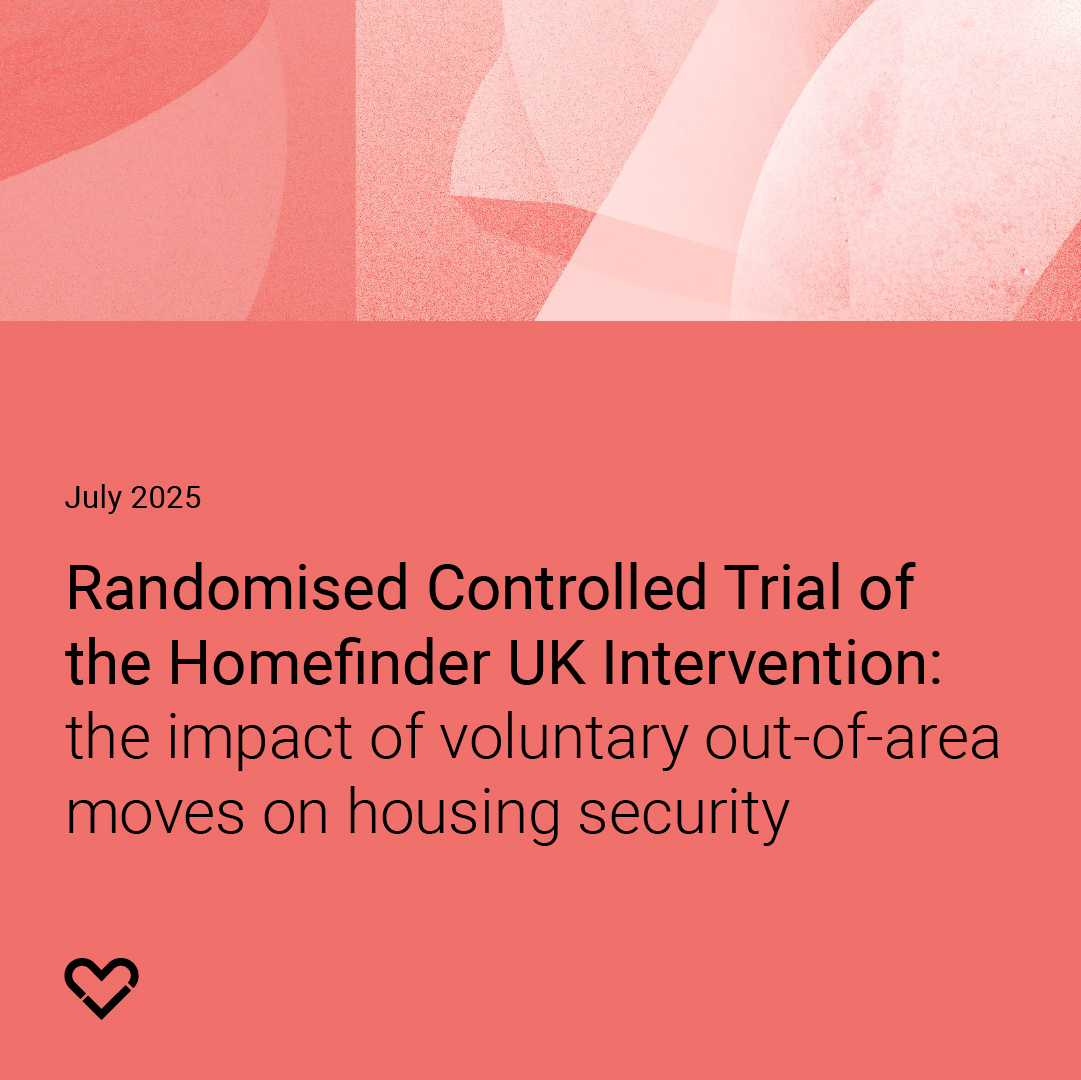European Journal of Homelessness: Finnish but not yet finished: Successes and challenges of Housing First in Finland
Outline of the study
This study examines Finland's implementation of Housing First through national programmes from 2008 onwards and which have achieved a systematic transformation of the country's homelessness system. The authors analyse both policy and service-level successes and challenges, exploring how Finland converted shelters to supported housing, while dramatically reducing homelessness numbers. The paper provides lessons for other countries considering Housing First implementation and identifies challenges for the future.
Findings in brief
- Finland's trends differ markedly from European patterns - most homeless people stay with friends/family rather than on streets
- Finland’s implementation of national Housing First programmes was helped by strong political consensus across different government coalitions. This has ensured sufficient funding, especially for investment in affordable social housing and support work in cities
- Traditional shelters and hostels were systematically converted to supported housing with individual flats and on-site support. This resulted in the almost total disappearance of traditional temporary accommodation
- Single-site supported housing units provided around 20% of housing options, with scattered flats in the private and municipal sectors being the main accommodation solution
- Total single homelessness has decreased by 45% since the start of the first programme in 2008 and by 75% since 1987; this represents almost 13,000 permanent homes provided
- Implementation succeeded through strong coordination by the Ministry for the Environment and partnerships between state authorities, ministries, cities, and homelessness organisations, good shared understanding of goals and action planning
- Development of housing advice services has prevented many evictions
- Accessibility to support services has not always been adequate to meet people’s complex support needs
- 10 - 20% of people still fail in Housing First programmes. The focus for addressing this is shifting from individual characteristics to exploring structural issues.
Recommendations in brief
- Maintain strong political consensus and national coordination rather than devolving responsibility entirely to municipalities
- Provide funding for support services as well as housing
- Develop approaches to provide support in dispersed housing and ensure this situated near to transport and other services
- Strengthen accessibility and adequacy of general social and health services
- Develop solutions for those who fail in Housing First programmes, focusing on structural rather than individual factors
- Invest in affordable social housing supply, particularly for young people under 30
- Strengthen housing advice services
- Collect systematic data on service effectiveness and client-level housing permanency
- Develop work in neighbourhoods to address community concerns
- Include people with lived experience in prevention and service development work.
No items found.





.jpg)

